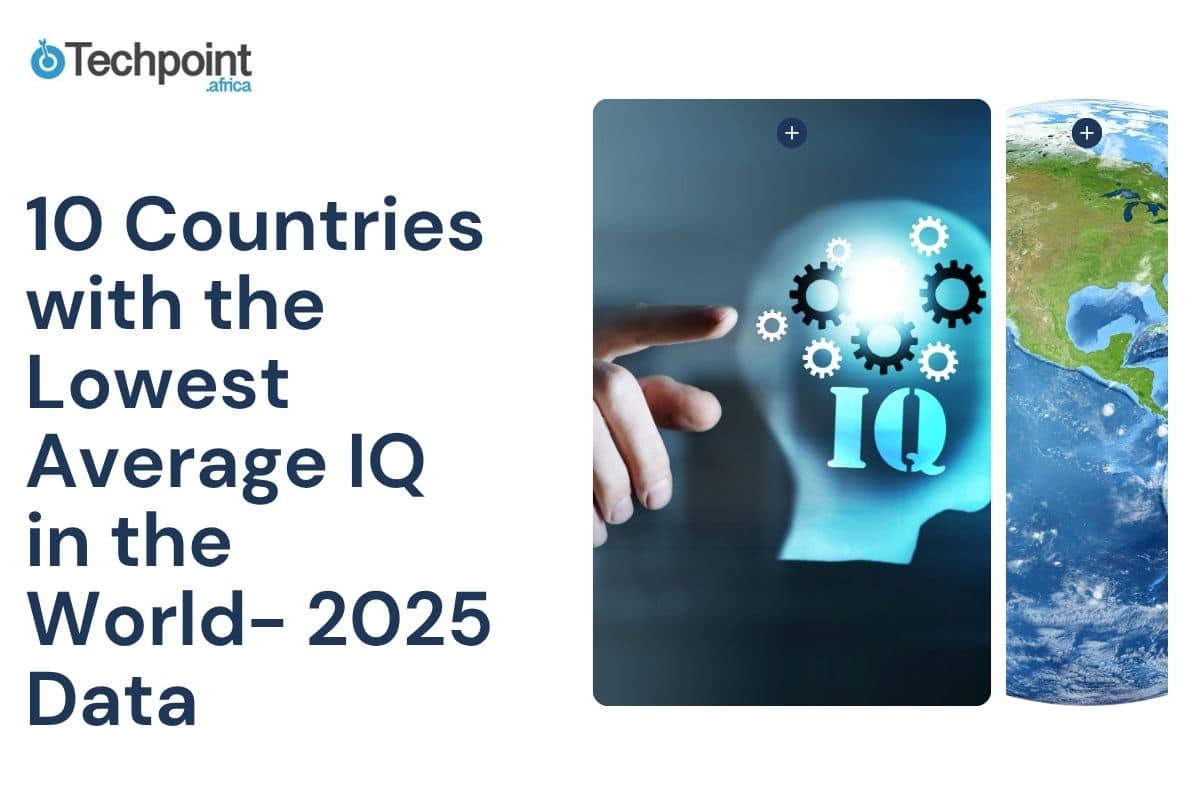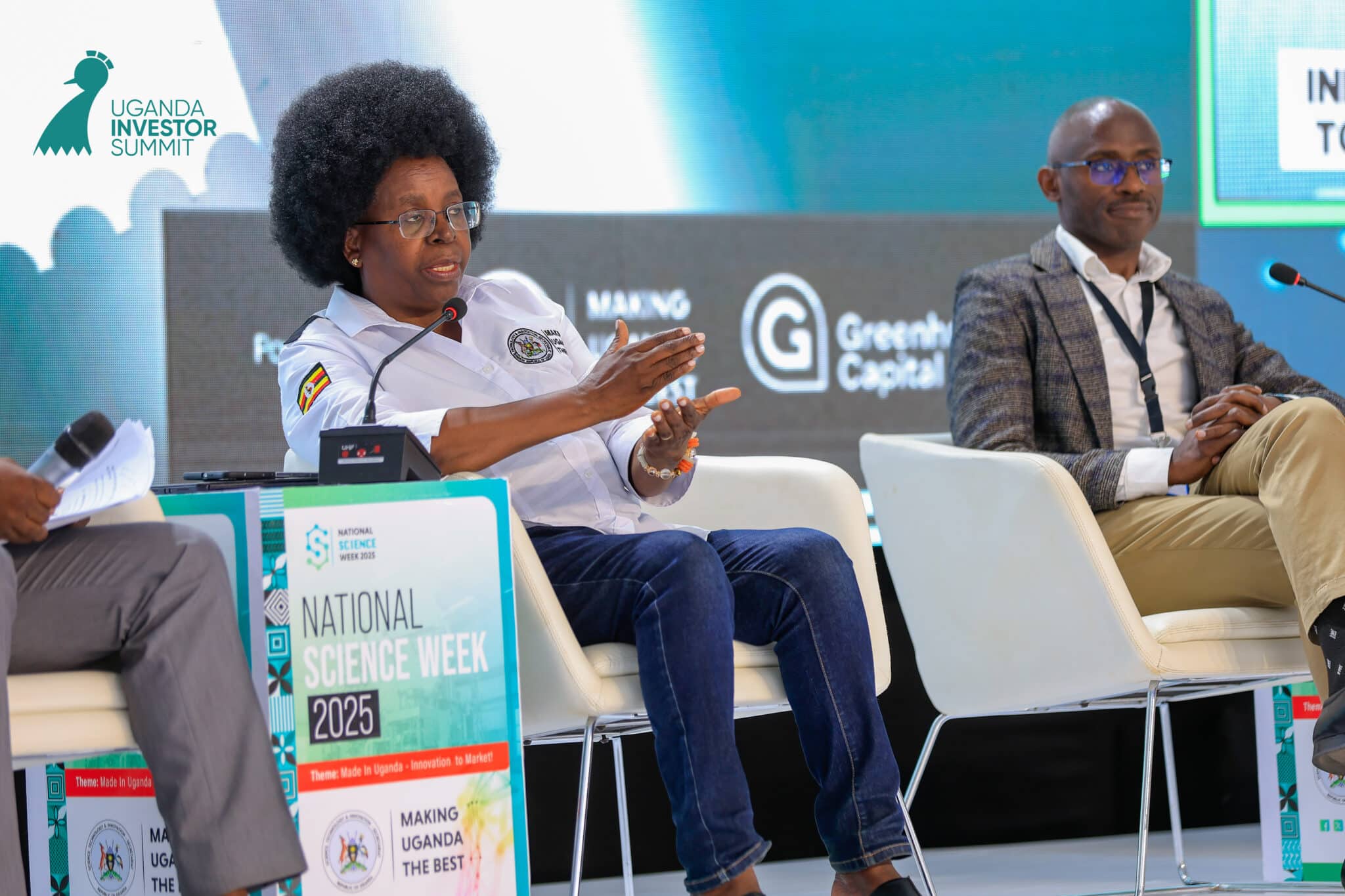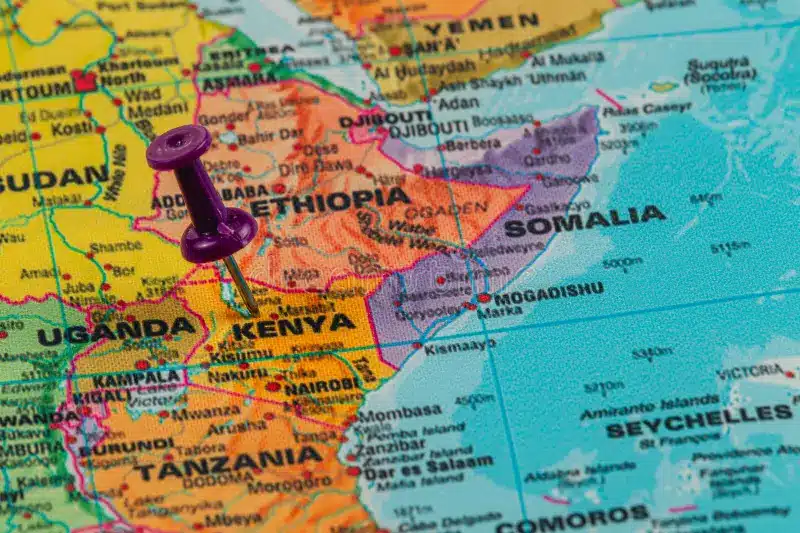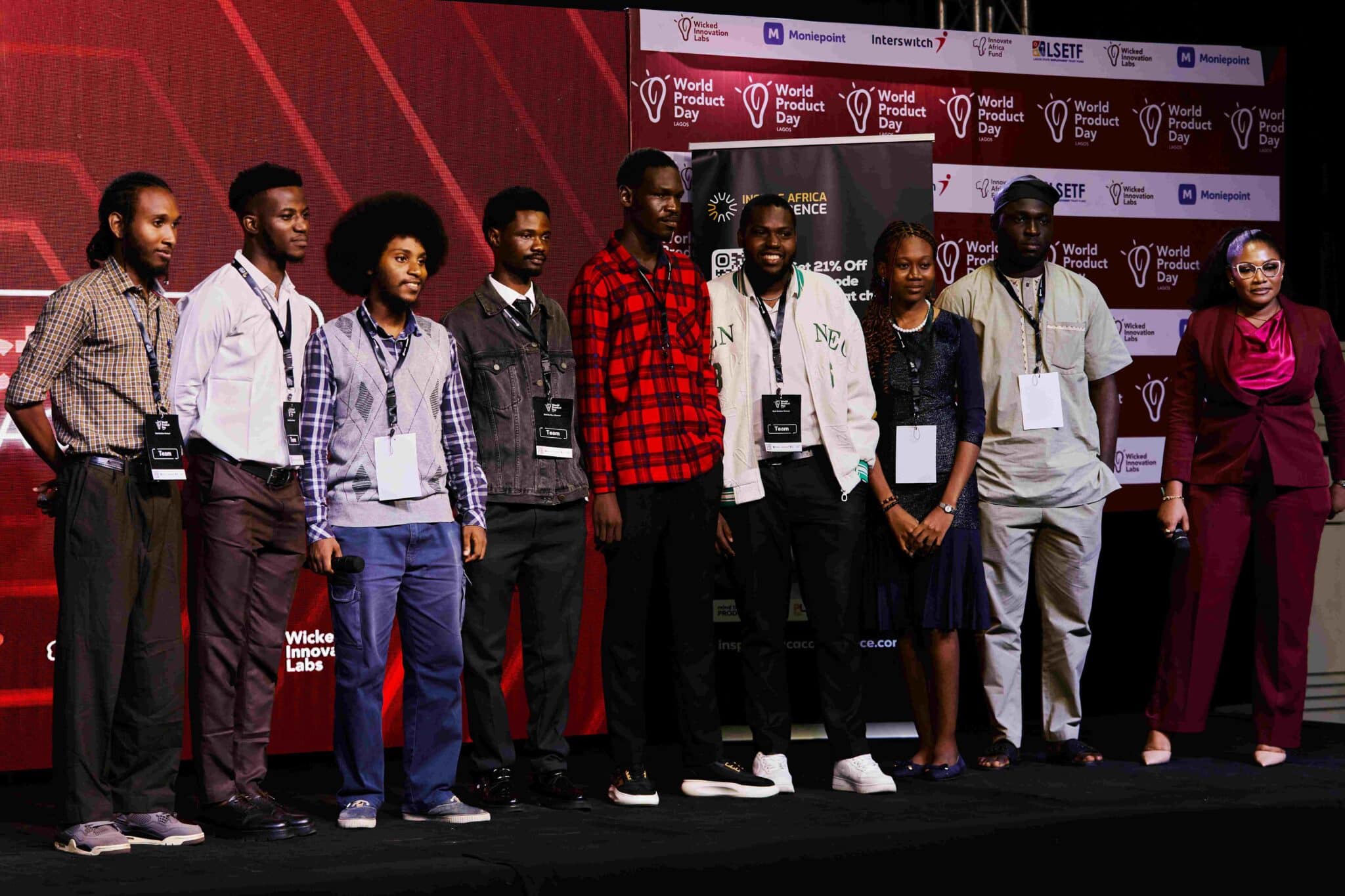Salesforce is an American business software company known for its customer relationship management (CRM) software. It has set its sights on Nigeria as part of a broader strategy to tap into emerging markets. However, this is more than just market expansion — it is a deliberate push toward talent development.
Speaking with the company’s Senior Talent Program Manager, Ursula Fear, during her recent visit to Nigeria, I learnt that Salesforce’s approach is to prioritise grooming local talent to contribute meaningfully to the global workforce.
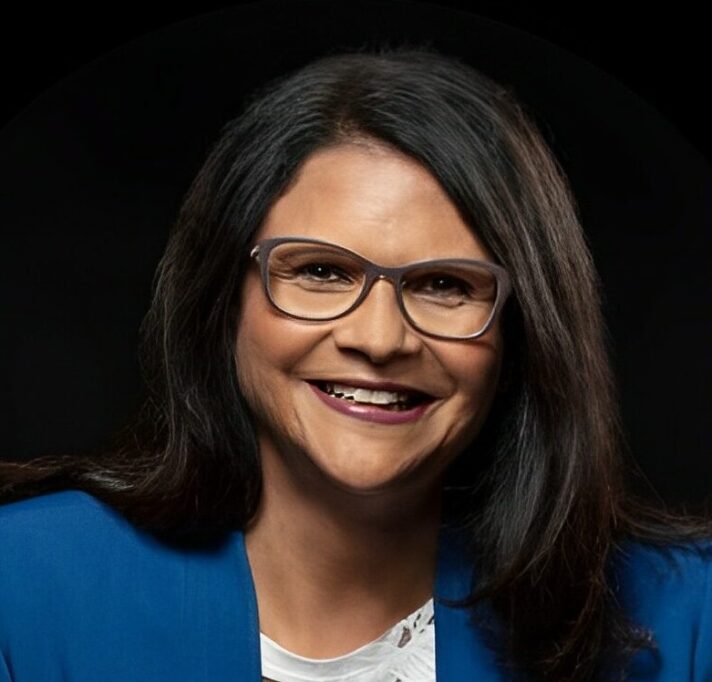
Africa’s large youth population draws global attention, with Nigeria, its most populous nation, contributing significantly to the continent’s population. More than 60% of Africa’s population is under 25 and is projected to make up 42% of global youth by 2030.
However, persistent unemployment and underdeveloped skills remain significant barriers. Experts suggest that professionals must dedicate at least one hour daily to upskilling, leaving little room for complacency in a fast-evolving professional landscape.
These opportunities are an attraction to Salesforce. After setting up legal entities in South Africa and Morocco within the past three years, the company is gaining traction in Kenya and Egypt. It has now entered Nigeria with the strategic hire of a business development lead.
Strategy for business growth
Boasting widely used cloud-based products, Salesforce said it isn’t limited to these countries. Slack and Tableau are two of its popular products used by small to large corporations globally for communication and data visualisation, respectively.
Other products include Marketing Cloud, Commerce Cloud, Service Cloud, Data Cloud, and, recently, AgentForce, its AI-powered virtual service agent that companies can use for monotonous tasks across departments.
With the Nigerian market looking lively for global CRM entities, thanks to its growing adoption of digital tools by businesses, companies like Zoho and Microsoft have already made their way in.
Zoho, for instance, positions itself as cost-effective, providing local capabilities, further revealing the opportunity for other global platforms to shape the market’s CRM ecosystem. Clearly, the early movers have a lot to gain in this high-potential market.
In only three months of setting its sights on the Nigerian market, Salesforce bagged its largest Slack client in Africa. The company’s approach to capturing the market isn’t conventional — it is relying on its talent development strategy.
“One of the things we highly encourage is the organic movement and organisation of the Salesforce ecosystem,” Fear said proudly. “And that is what we call the Trailblazer Community. This community strongly supports Salesforce’s mission.”
Confirming that the company’s interest in skilling up professionals isn’t merely transactional, she noted that by empowering individuals with skills, they are investing in human capital that will inevitably ripple through local industries, fostering innovation and economic growth.
The Trailblazer Community and Trailhead
The Trailblazer Community is central to Salesforce’s talent development strategy. These communities, which operate with autonomy, are supported by Salesforce through funding and resources. These hubs support skill-building, mentorship, and networking.
They are replicated in many other markets and host regular Dreamin’ conferences. One such event is the West Africa Dreamin‘ conference, recently held in Lagos, bringing together talent, mentors, partners, and customers.
The Trailblazer Community is made up of professionals and students learning and upskilling through Salesforce training platforms. At the heart of this is Trailhead, a free, gamified e-learning platform designed to make professional education accessible and engaging. Creating an account on Trailhead ushers earners into the community.
The platform offers tailored modules for both beginners and advanced users, enabling them to earn globally recognised certifications in Salesforce courses, data analytics, app development, as well as soft skills. Unlike traditional curricula, which are often static, Trailhead content is refreshed every four months to stay relevant to industry demands.
Emphasising this approach, Fear said, “We live in a world where nobody is going to tell you what to learn anymore. We want to create a shift where individuals take ownership of their learning journeys.”
Fear highlighted the overemphasis on technical qualifications at the expense of behavioral competencies, something Salesforce has innovatively avoided by integrating soft skills courses into its curriculum.
“The biggest part of your success is behavioral skills. If you look at globally accepted research insights, there’s a huge focus on what we call behavioral or soft skills. Without this, it becomes more difficult to navigate a constantly changing professional environment.”
To further strengthen this approach, Salesforce also pursues partnerships with universities, government, and private organisations, embedding upskilling into existing workforces through professional training programmes.
“What we’re trying to change is that when we talk about return on investment on the platform, we also focus on internal strategies to ensure people have the skills they need to sustain their organisations.”
Of upskilling and success stories
On what Salesforce stands to gain from this, Fear reiterated that this is more of an ecosystem growth drive than a business gain for the company. She went on to explain the company’s deliberate effort toward community building, citing the 1-1-1 model: 1% of Salesforce equity, product, and volunteer hours must go into community building. Consequently, every Salesforce employee is expected to contribute seven days a year to acts of community service.
With the gap between academic qualifications and job readiness widening globally, the focus has to evolve.
With a workforce of 80,000 globally, including a recent mass hiring for its new AI product, AgentForce, Fear mentioned how the company isn’t paying much attention to college degrees anymore, as is often the case with traditional hiring. Referring to the continent’s peculiarities, she said:
“One of the challenges we sometimes have is we import skills, and when we look at our currencies, that’s not the best way to do things. How do we make our local talent the experts?”
A notable success story is Nigerian-born Dangsenpenan Nokshuwan, a Salesforce Business Analyst who used Salesforce courses to transition into his current career in the UK.
“Two years ago, I was working with MainOne in Lagos, I was a project manager, and that was my first experience with Salesforce. We had Salesforce implemented on our platform. I was doing data cleaning on that particular system and curiosity pushed me to go indept.
“When I started learning, the community then wasn’t this big. I remember I had to attend classes held in Canada. So, I would run classes from 1 a.m. to 3 a.m. and then wake up to beat Lagos traffic going to work. It was really intense,” he narrated.
Realising there are more people faced with a similar challenge, Nokshuwan saw a need to have a community in the country, which has grown since its inception and has been helpful.
He recalled reaching out to the global Salesforce community at a time, which made it possible to get vouchers to support members from having to pay $200 for a certification.
Now, as the lead organiser for the recently concluded West Africa Dreamin’, he’s committed to fostering a vibrant Salesforce community on the continent.
Opportunities and challenges
Despite its promise, the challenges of unemployment coupled with the difficulty of placing skilled talent still exist. Acknowledging these realities, Fear is certain that the company is committed to finding creative and innovative solutions.
The working approach focuses on ensuring these courses are world-class and develop sought-after competencies.
“We actually don’t know what is possible until we try,” Fear said.
While Salesforce can’t guarantee jobs for every Trailblazer, its partnerships with customers and local businesses, and access to a rich network of mentors and experts, increase the chances of meaningful employment for its trained talent.
“I’m happy to say we’ve got one of the banks in South Africa starting to participate with us in that regard. Again, that speaks to partnerships with our customers on how we can create a space where everybody is on the same page that this is a long-term intervention to reduce the cost of securing skills. The customers will say, ‘if we don’t work with you in this regard, we’ll have to keep paying premium for skills.’”
Because the plan to become a legal entity in Nigeria is not immediate, it may be too early to expect Salesforce’s product subscriptions in local currency. Salesforce believes its strategy is more than a business move — it is a step toward growing talent in emerging markets.
By investing in human capital, the company not only builds a sustainable user base but also empowers individuals to participate in a global digital economy.



